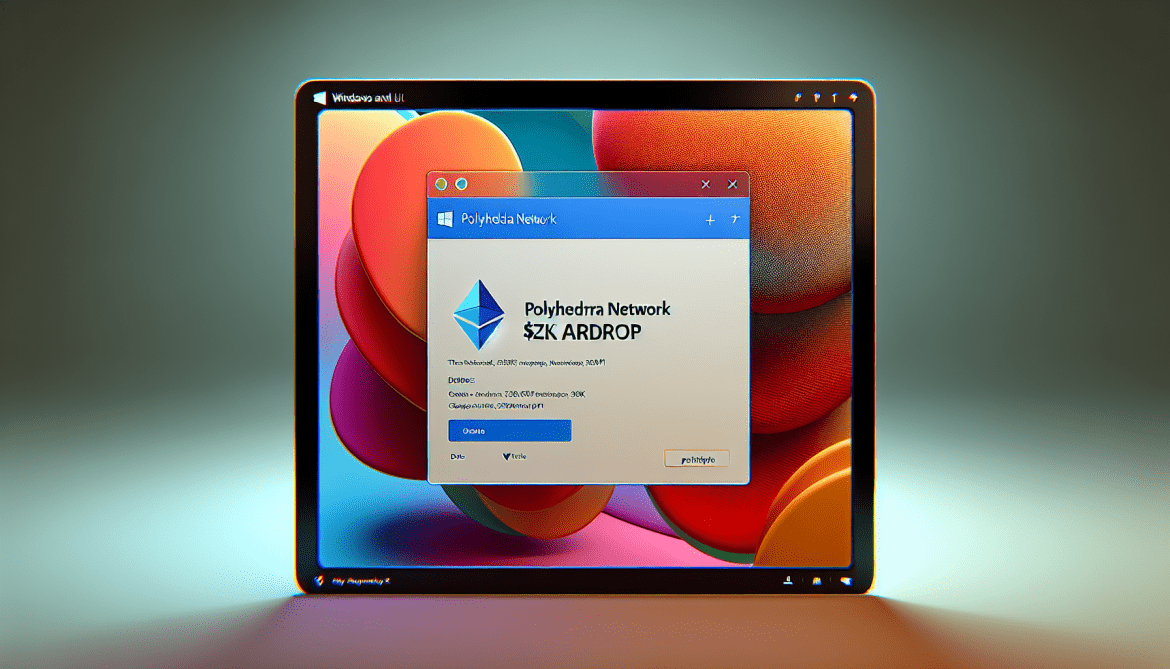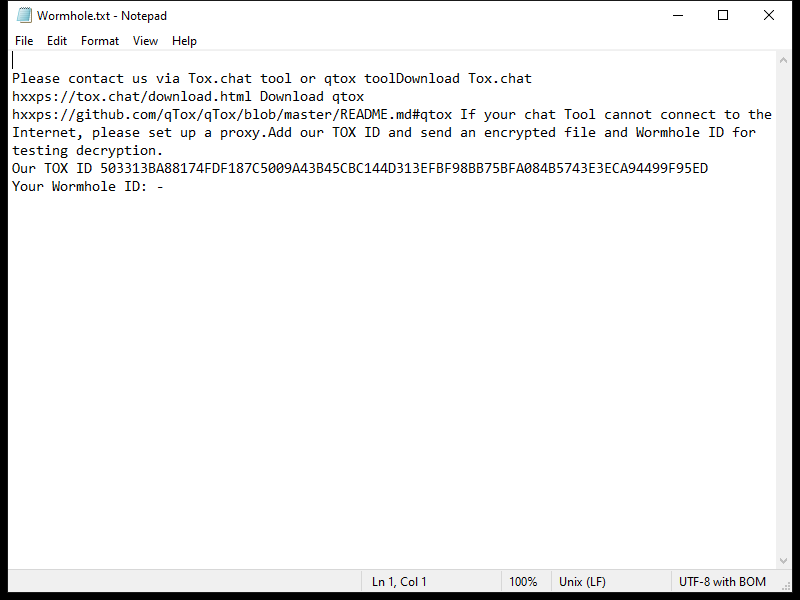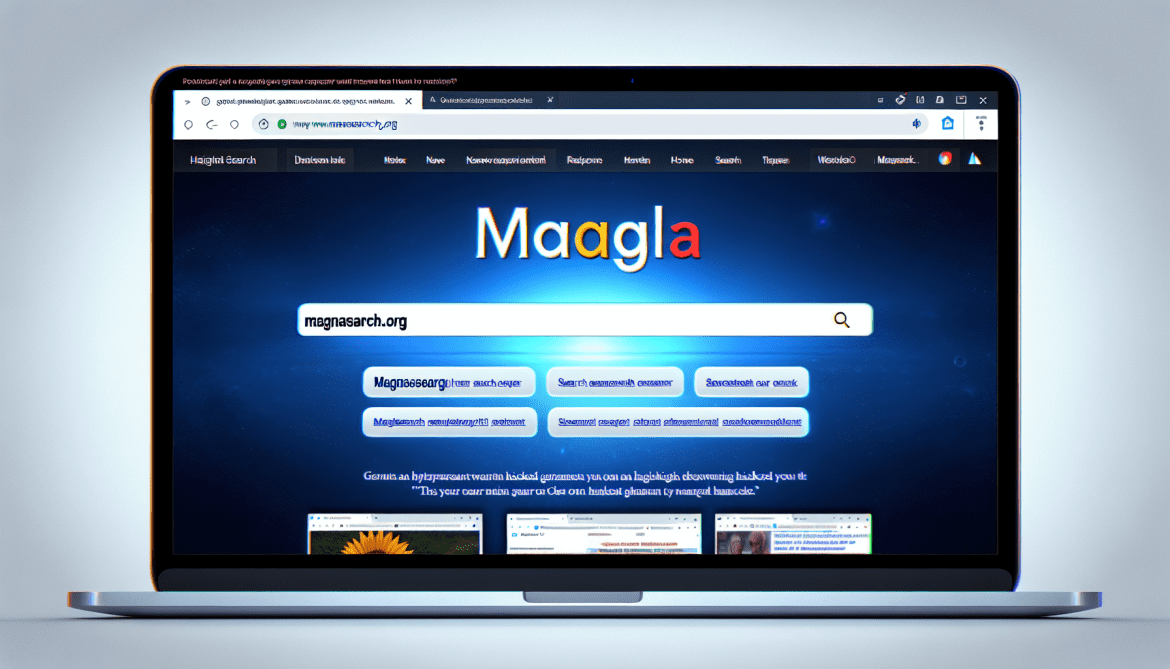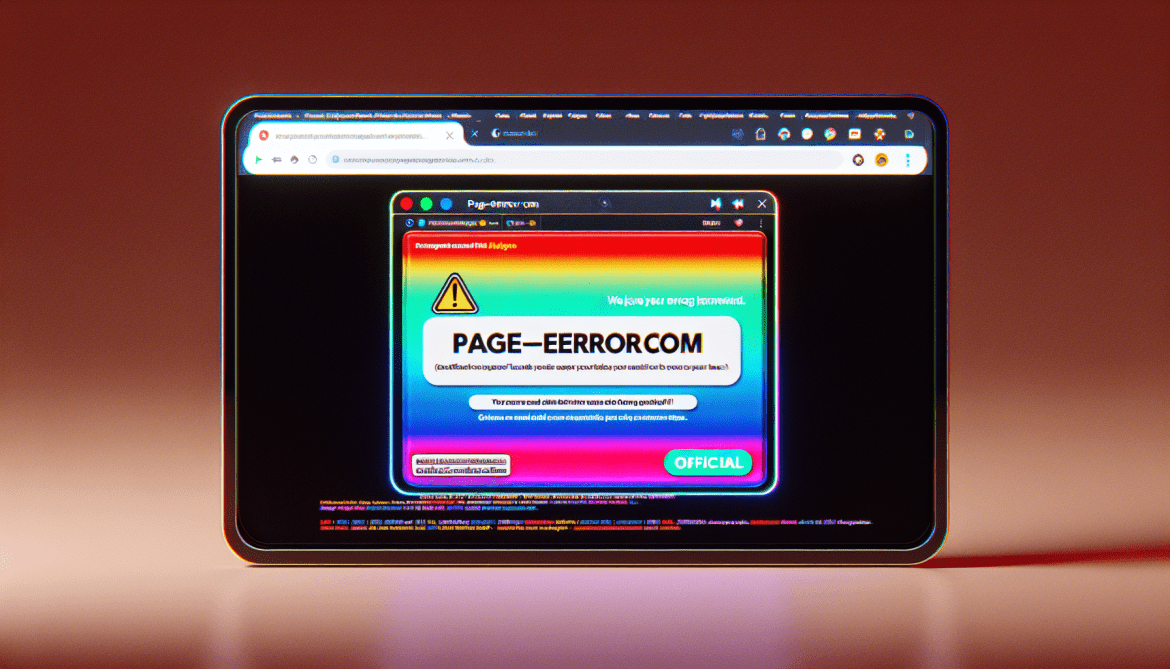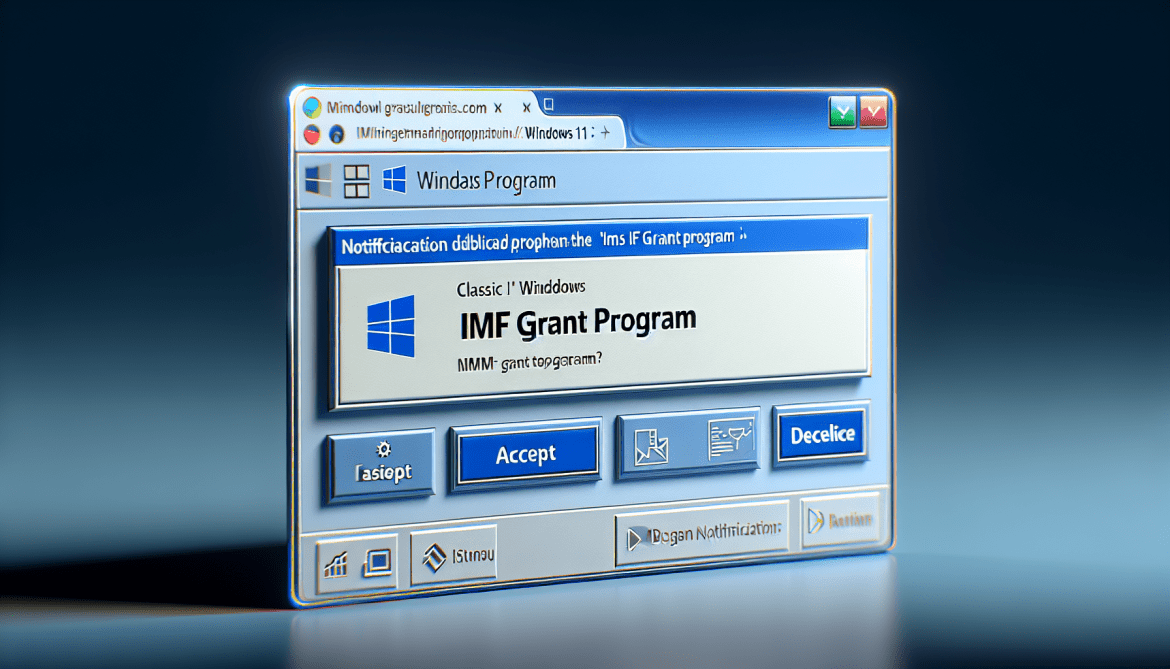Polyhedra Network $ZK Airdrop is a promotional campaign by the Polyhedra Network platform where they distribute free tokens to users. This airdrop is a way for the platform to attract more users and increase awareness about their project. Participants can receive a certain amount of $ZK tokens by completing specific tasks or following certain instructions provided by Polyhedra Network.
The reason why Polyhedra Network $ZK Airdrop appears in browsers is likely due to the platform’s marketing efforts to reach a wider audience. By displaying information about the airdrop on various websites and browsers, Polyhedra Network can attract more potential participants who may be interested in receiving free tokens. Users who come across the airdrop details in their browsing sessions can choose to participate and potentially benefit from the free $ZK tokens being offered.

